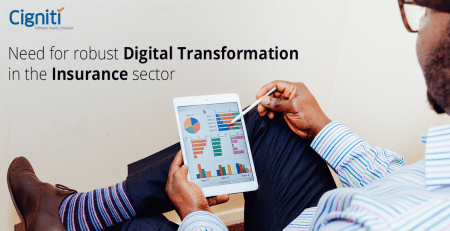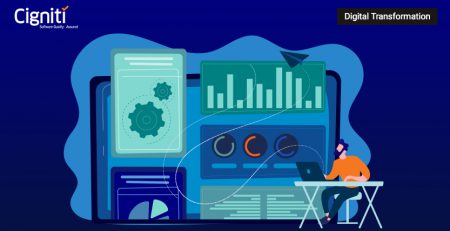What, Why and importance of Digital Testing
Online Consumer experience is gaining significance in the world of commerce as more and more companies go digital. In order to meet the increasing demands of the consumers, it is important to adopt a systematic approach to software development as well as testing. In order to turn visitors (to the website) to customers, it is necessary to enhance the experience of the consumers. Testing therefore assumes greater importance than ever before.
Why Digital Testing
Almost every business is going digital. Consumers today prefer to shop online rather than visit stores. Marketing budgets have shifted to digital media. The focus is on brand recognition and is no longer limited by geographical boundaries. From a consumer’s stand point, products and services are just a click away. Although consumer satisfaction is still the prime focus the satisfaction now comes from a digital experience rather than a physical one. Says Khurram Javed Mir of fwa, consumers can “move away” from a site or uninstall an app just as easily as they could walk out of a store if they are dissatisfied as there are numerous other options available. Digital Testing or QA testing therefore assumes greater importance than before.
Why is testing a lengthy process?
Software is tested at several levels.
- The first level is during the development phase when it is tested for functionality.
- The second level is integrity testing where the independent software is tested in the context of other software that will interact with the software being tested.
- The third level is the complete integration stage where the software is ready and is tested by real life users. This generally is thought to be the final level of testing.
- However experts advise a fourth stage of testing where the focus is on user experience rather than functionality.
Why is user testing difficult?
Software development is a lengthy process that can take several months to a year. As the process nears fruition, companies start talking about the software release to generate enthusiasm and sales. But when development teams talk of lengthy testing protocols, most businesses want to get the product to market before the interest wanes. This part of the development process is therefore often not given the importance it deserves.
User testing has become even more difficult because users are no longer restricted by geographical locations. Website and mobile app users are spread around the globe and each user has his own set of technology that the app needs to be tested against. User testing has therefore become even more difficult than before.
Types of User Testing
There are several aspects to user testing. These include:
- Usability: Where the participants in the test conduct a set of defined tasks under the watchful eye of the consultant.
- Eye Tracking: Tracking where the user’s eye movements help in understanding what they are looking for. Probing further reveals consumer behaviour patterns.
- Hallway Testing: When the software is tested at client/customer premises with users invited to participate in the testing.
- Remote Testing: When the participating users are located at remote places and testing software is used to record behaviour and experience of the users.
- Design Optimization: During the user testing, eye tracking and click-behaviour is used to test the design of the website or application. This helps optimize the design to ensure the best user experience.
Over the next couple of blogs, we will explore in detail the benefits of user testing and how you can adopt this practice to create the product or software of your consumer’s dreams!





Comment (1)
[…] digital trends are the mode of preference as opposed to traditional media and publishing. The customer usage […]